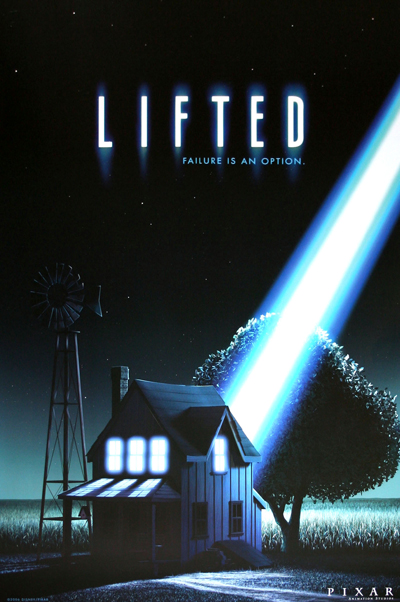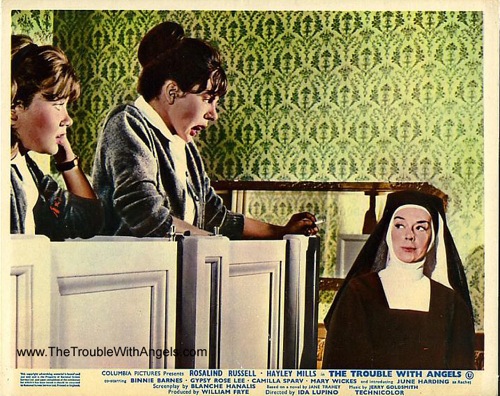
[Editor’s Note: since the Chinese government exercised editorial control over the new Sony remake of The Karate Kid, LFM has decided to invite an officially sanctioned Chinese film critic, People’s Film Commissar Wo Fat, to do a guest review of the film. This review has been translated from the original Mandarin by Jason Apuzzo, a long-time friend and golfing-partner of Wo Fat’s.]
By People’s Film Commissar Wo Fat. Greetings, dear readers of Libertas. It is my pleasure to accept Comrade Apuzzo’s kind invitation to review the new American-Chinese co-production of The Karate Kid. I feel that by reviewing this most extraordinary and historic cinema co-production on the arch-imperialist website Libertas, that we are opening up a new era of cooperation and understanding!
With special assistance from the Sony corporation, we have made several changes to your original Karate Kid, a warmongering, Reagan-era film that was pock-marked – like the blemished faces of your pimply American teenagers – with the backward, revanchist rhetoric of that era. In our new Karate Kid, we no longer have young New Jersey teenager Daniel and his economically disenfranchised mother seek a new life in the state of California. Instead, we have young ‘Dre’ – played with scrappy insouciance by Jaden Smith (son of your American movie star, Comrade Will Smith!) – seek his fortune in a more suitable land of opportunity: mainland China. In the new Karate Kid, a heartless American automotive company in Detroit shifts the job held by Dre’s mother to Beijing. Since America offers no other possible job opportunities for her, she is forced to make the only economically rational decision: move herself and her son 10,000 kilometers to the (Far) East, even though they don’t speak Chinese!
Once in Beijing, young Dre begins to learn salient facts about our glorious People’s Republic! For example, in his first encounter with Wise Mentor Jackie Chan, young Dre learns that unreliable electricity in Beijing has the side benefit of ‘saving the planet’ – unlike in America, where a consistent power supply in suburban homes causes excess fuel consumption. True! [Jason Apuzzo asks: didn’t this scene omit the fact that China is actually the world’s largest polluter, and that millions of Chinese citizens have been forcefully moved from their homes to make way for the enormous, electricity-generating Three Gorges Dam? [Comments edited by Wo Fat.]

Young Comrade Dre also develops a schoolboy crush on a cute Chinese girl named Meiying (played by Wenwen Han). Meiying is an aspiring violinist, trying to rise in China’s glorious and edifying music world. Dre’s vitality and rough American charm (son of Will Smith!) warms her heart, and brings added zest to her music playing … and isn’t this a marvelous metaphor for Chinese-American cooperation? Young Dre even lets Meiying listen to hip-hop music off his Sony music player, a product that neatly matches the Sony computer screens and Sony TV monitors placed conspicuously throughout the film. The Karate Kid is part of the Sony product line, after all!
Anyway, young Dre’s growing affection for Meiying gets him in trouble with some local bullies who are friends of her family’s. And here I want to point out: the bullies depicted in this film are not normal figures in the New China. They are counter-revolutionaries, and enemies of the people! The People’s Republic has graciously consented to allow this depiction of anti-social behavior in order to further the plotline of Sony’s film, but the actors depicting these bullies have since been reprimanded and are currently serving 70 years’ hard labor in a coal mine in Shanxi. Continue reading The Fresh Prince of Beijing: A Guest Review of The Karate Kid

